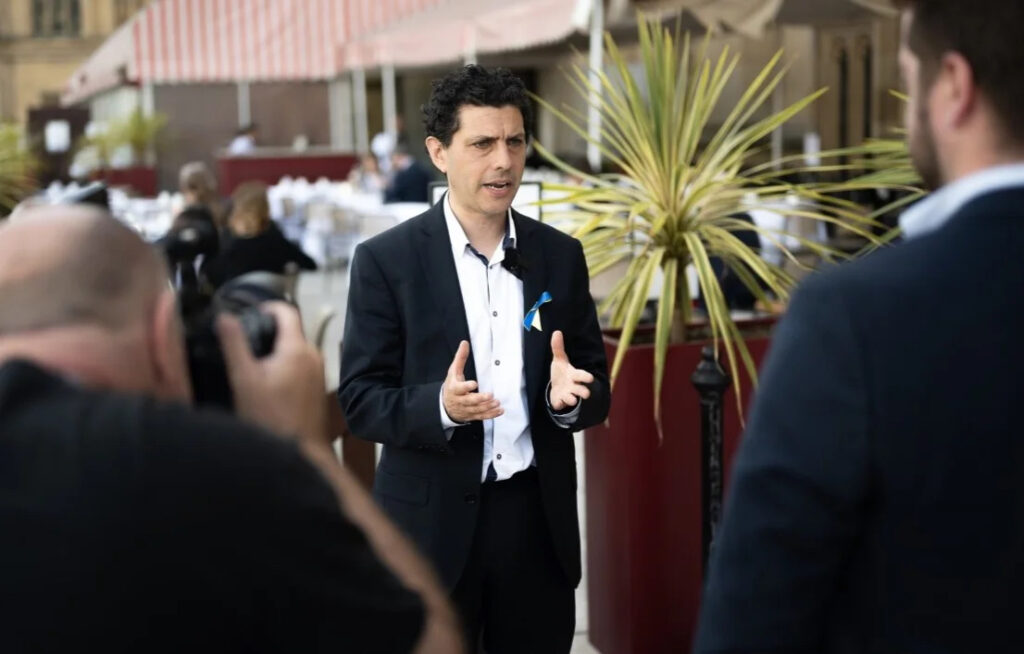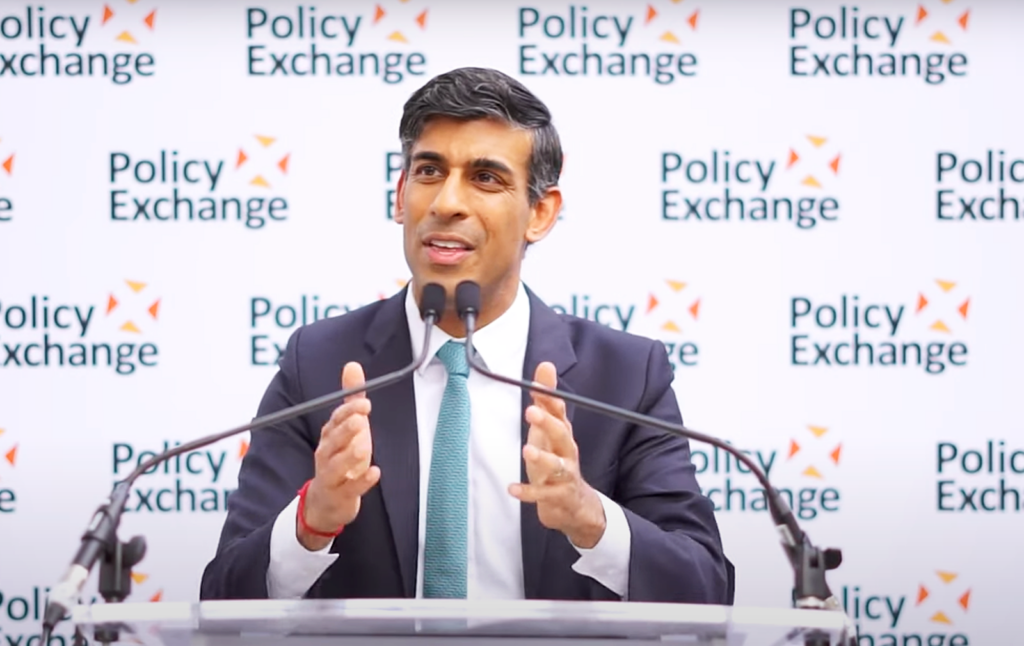The proposed bill, which aims to expand use of renewable fuels and cut tax breaks long enjoyed by major oil companies such as Exxon Mobil, Conoco and Chevron, also calls for more stringent efficiency standards for lighting and electrical appliances.
If passed in its current form, the bill would require all American utility companies to generate 15% of their energy from renewable sources by the year 2020. But it has to be merged with a very different approach taken by the Senate.
The 786-page House energy bill does not include an increase in fuel-efficiency standards for cars and light trucks, which supporters called the single most effective way of cutting oil consumption and reducing emissions.
The Senate version requires that cars and light trucks sold in the United States achieve a fleet average of 35 miles per gallon by 2020.
One of the bill’s goals is that the federal government, the world’s largest single energy consumer, be “carbon neutral” by 2050, meaning that all federal operations, including the Pentagon, would not produce a net increase in atmospheric carbon dioxide. The bill does not specify how the government is to achieve this.
Subscribe to our newsletter
Stay up to date with DeSmog news and alerts





